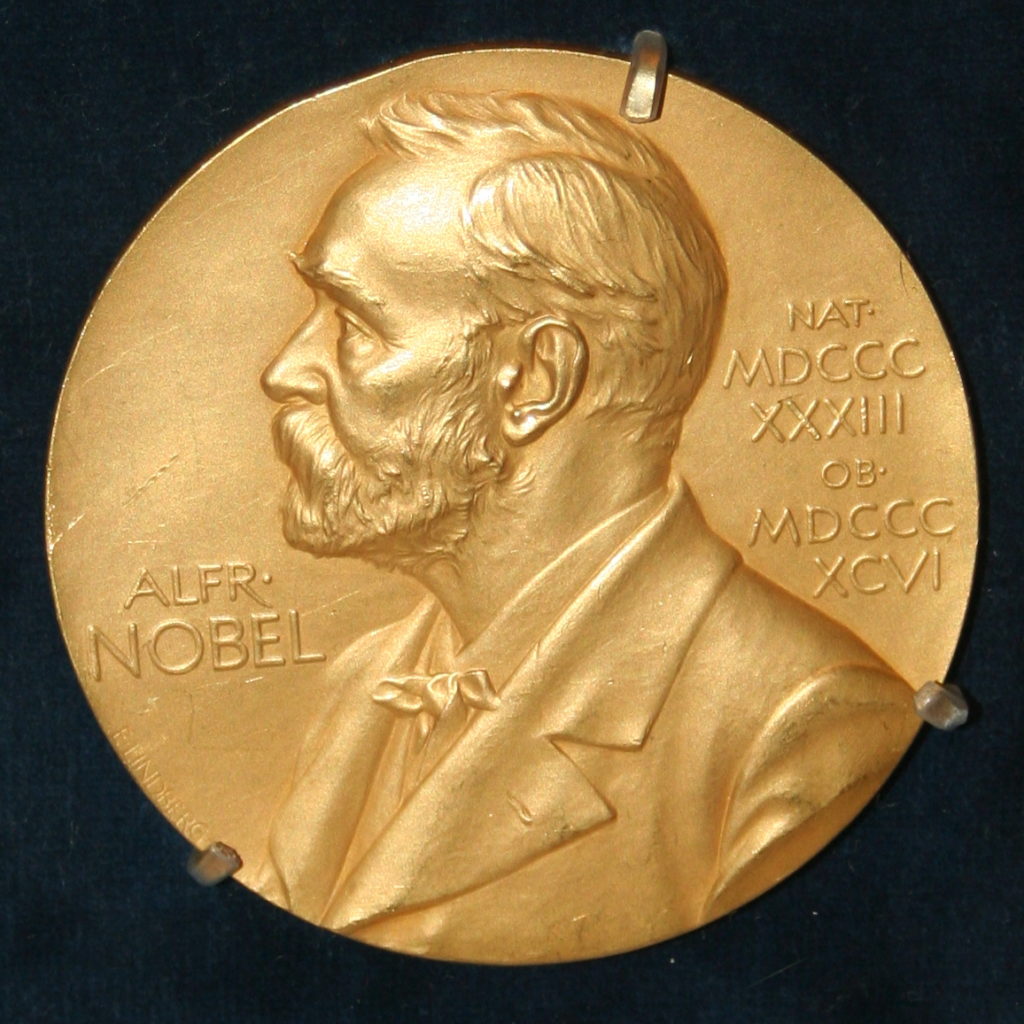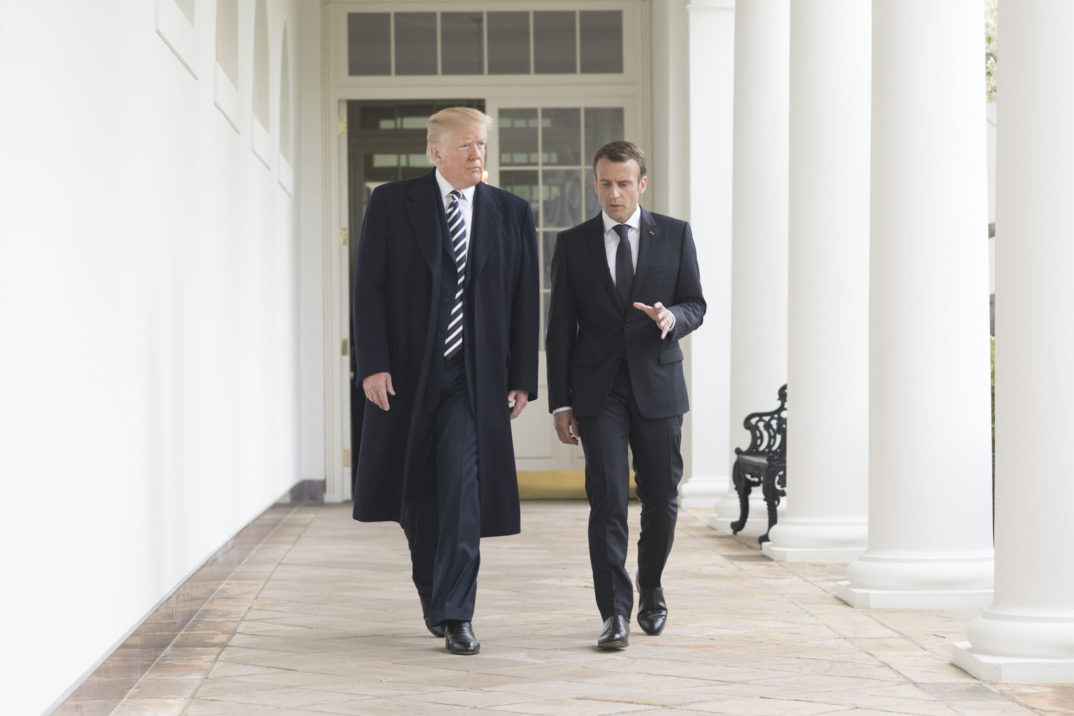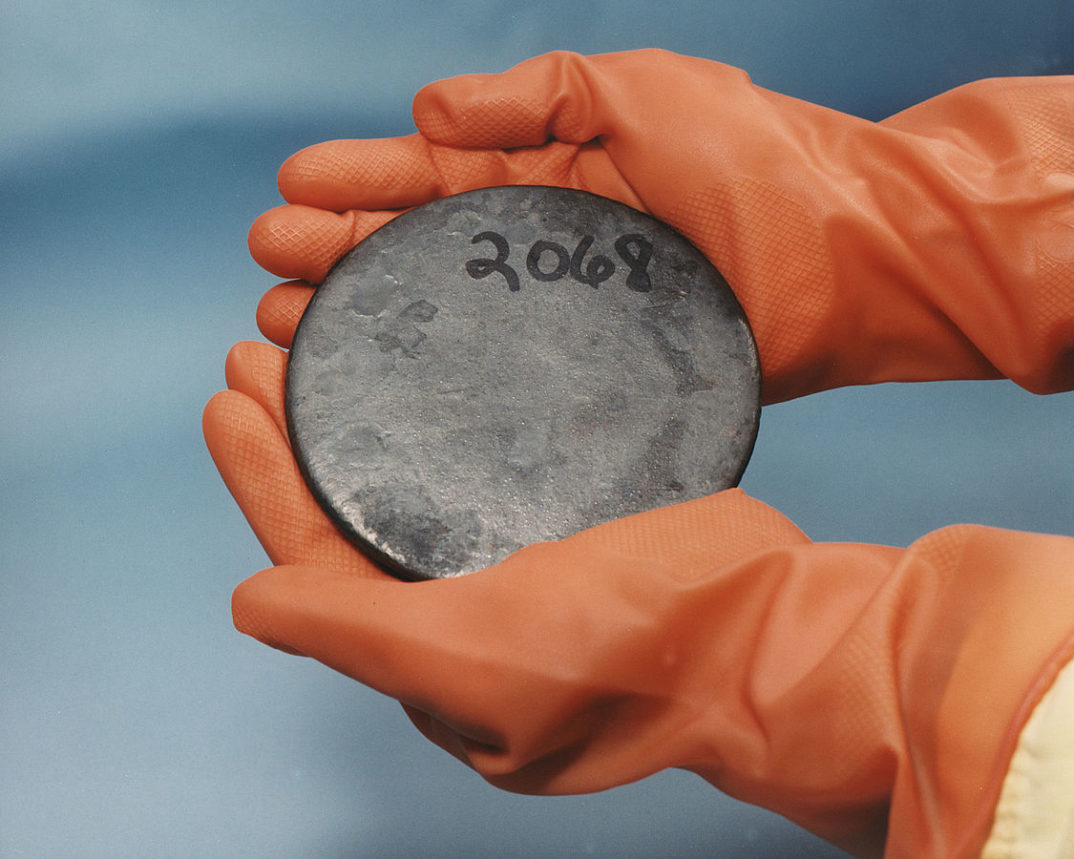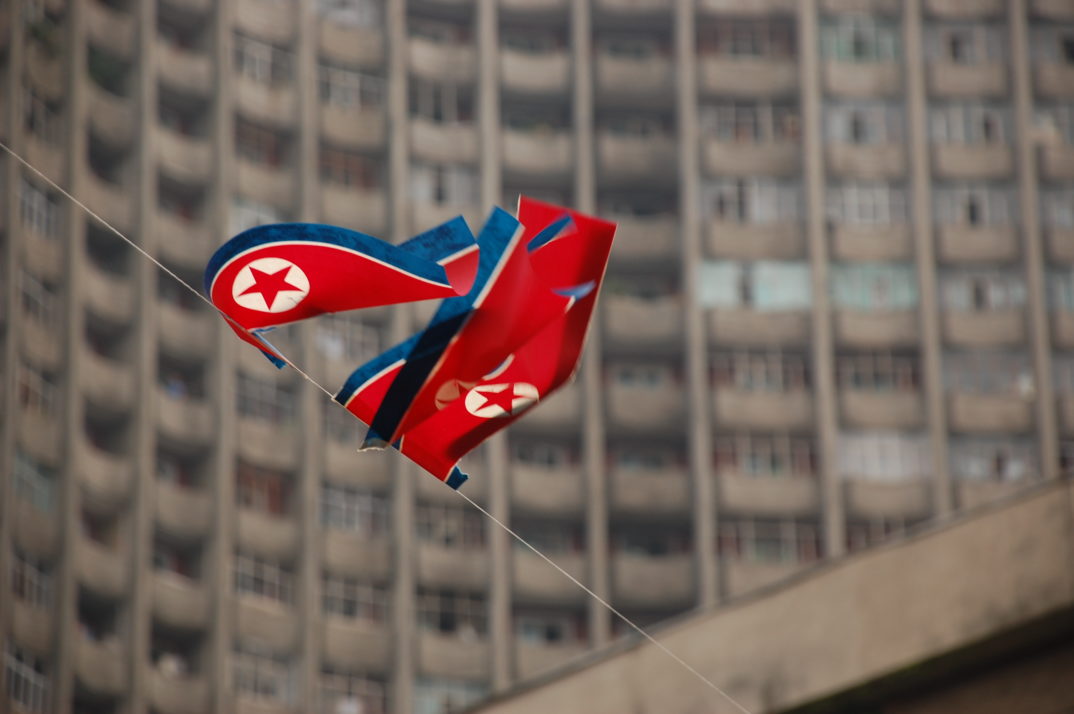Lately, people have been talking about President Donald Trump deserving the Nobel Peace Prize. Everything about that sentence is chilling, but that’s what people are saying. Even some of my liberal friends are saying that if Trump’s talks with North Korean leader Kim Jong-un lead to reconciliation between North and South Korea, denuclearization, or other good results, he’ll be a contender. Less surprisingly, there’s a group of 18 Republican Congress members lobbying for him to win the award. But no. This is ridiculous, and here’s why.
The Iran Deal: Shaky Future, Uncertain Repercussions
Earlier this year, I wrote about the violations of human rights by the Iranian regime and its impacts on the “Iran Deal” as a framework to restrain Iran’s ability to develop nuclear weapons. The conclusion of that analysis was to push leaders to start delving into question of what will achieve security and safety for all on the global stage. Today, I will revisit with a different approach, through examining the impacts of the long discussions regarding the future of Iran Nuclear Deal. Two questions arise: Why are the European allies devoting so much attention to the future of the deal, and what are the implications of backing out from the agreement? Continue reading “The Iran Deal: Shaky Future, Uncertain Repercussions”
In the Iran Nuclear Deal, Decoupling Human Rights and International Security
Following a January 2 tweet by the President of the United States, the world has turned its attention once again to Iran. Recent weeks have been marked by increasing anti-government and pro-government protests clashing on the streets of Tehran. The celebration of the Iran nuclear deal negotiated by the Obama administration and European allies now seems like a distant past. Seemingly, these two events are not strongly intertwined, but when we dig deeper, one might be surprised by the influence of the protests on the outcomes and success of the nuclear deal. This raises the question: is it possible to isolate the current protests from the security benefits that the nuclear deal provides to the international community, and would this mean giving in to the Iran regime’s treatment of its own people?
Continue reading “In the Iran Nuclear Deal, Decoupling Human Rights and International Security”
International Sanctions: A War of Their Own?
In the current political climate, it is hard to avoid the topic regarding sanctions. The United States has been recently revising the sanctions it has placed on different countries in the past few years, such as North Korea, Russia, and Cuba. Economic sanctions are penalties or blockades against a targeted country, and are a “foreign policy tool” used when diplomatic relations aren’t as effective as intended. These sanctions can take many forms, such as tariffs, embargos, quotas and asset freezes.
Continue reading “International Sanctions: A War of Their Own?”
Evaluating the Ethics of Paid Organ Donation
Actress and singer Selena Gomez recently posted to her Instagram account that she received a kidney transplant because of her lupus; the transplanted kidney was donated to her by a close friend. For people facing kidney failure, transplantation of a healthy kidney from a living donor often presents a much better option than the alternative of dialysis. According to the Beth Israel Deaconess Medical Center, dialysis can only replace 10 percent of the work performed by a functioning kidney. On average, patients who received kidney transplants lived longer than those who remained on dialysis. The kidney donor also does not face significantly increased health risks from donating a kidney. There are the expected risks of going through a major surgery, as well as some increased risk of kidney failure, but there is no evidence that donating a kidney decreases life expectancy.
Continue reading “Evaluating the Ethics of Paid Organ Donation”
Who is to Blame for the Hajj Stampede?
Criticism against Saudi Arabia has grown since the deadly stampede at the Hajj last Thursday, when 717 pilgrims died, and 863 were injured in the tragedy. The deadly crush was not the result of a conflict, but rather the meeting of two groups of pilgrims at an intersection on their way to Jamarat to participate in a symbolic stoning of the Devil at the spot in Mecca where he was said to have tempted Abraham. It was a very hot day and pilgrims were rushing to reach their destination.






